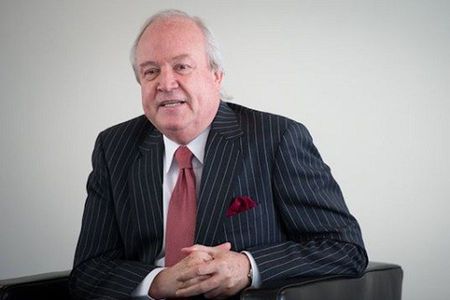Heine on Trump’s Confrontational Policy

Ambassador Jorge Heine, Research Professor at Boston University’s Frederick S. Pardee School of Global Studies, recently commented on the implications of President Donald Trump’s foreign policy in a media discussion. Heine highlighted how Trump’s aggressive stance – marked by sudden tariff threats and escalating tensions with allies – could push key partners toward closer ties with China.
Trump’s return to the Oval Office has reignited his “America First” approach, leading to high-profile clashes, including a near trade war with Colombia. After Colombian President Gustavo Petro blocked the return of undocumented migrants, Trump swiftly threatened emergency tariffs on Colombian imports, a move that rattled economic and diplomatic relations. While a last-minute negotiation de-escalated tensions, Heine emphasized that such actions send a troubling message to Latin America: close alignment with the U.S. carries significant risks. This, he argues, enhances China’s appeal as a more stable partner in the region.
Heine pointed out that Trump’s confrontational tactics extend beyond Latin America, as he continues to challenge allies such as Canada, Denmark, and Mexico. His threats to impose major tariffs and even acquire Greenland or reclaim the Panama Canal have left global leaders uncertain about the future of U.S. foreign relations.
The broader implications of this approach could see long-standing U.S. allies reconsidering their strategic alliances. As Heine noted, Latin American countries, in particular, may increasingly look toward Beijing for economic stability and investment opportunities.
Ambassador Jorge Heine is a Research Professor at the Pardee School of Global Studies at Boston University. He has served as ambassador of Chile to China (2014-2017), to India (2003-2007), and to South Africa (1994-1999), and as a Cabinet Minister in the Chilean Government. Read more about Ambassador Heine on his faculty profile.